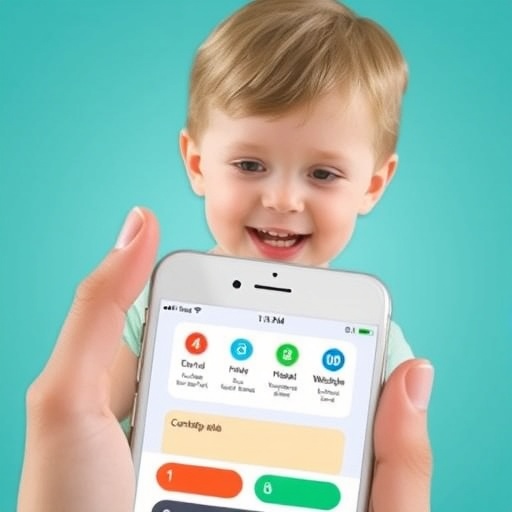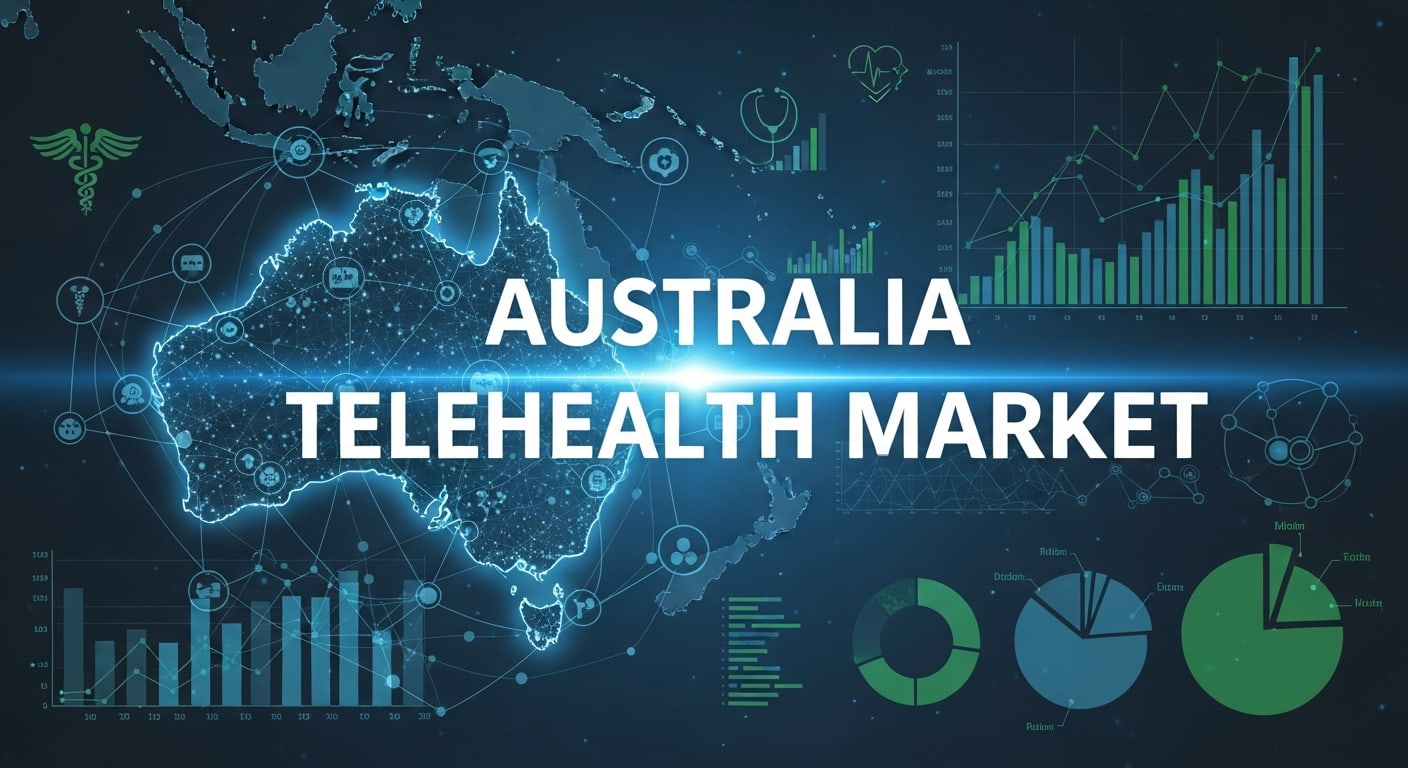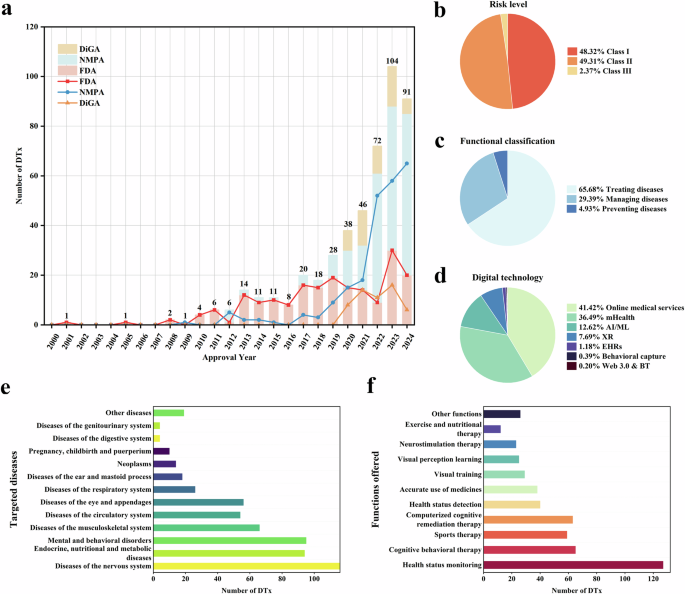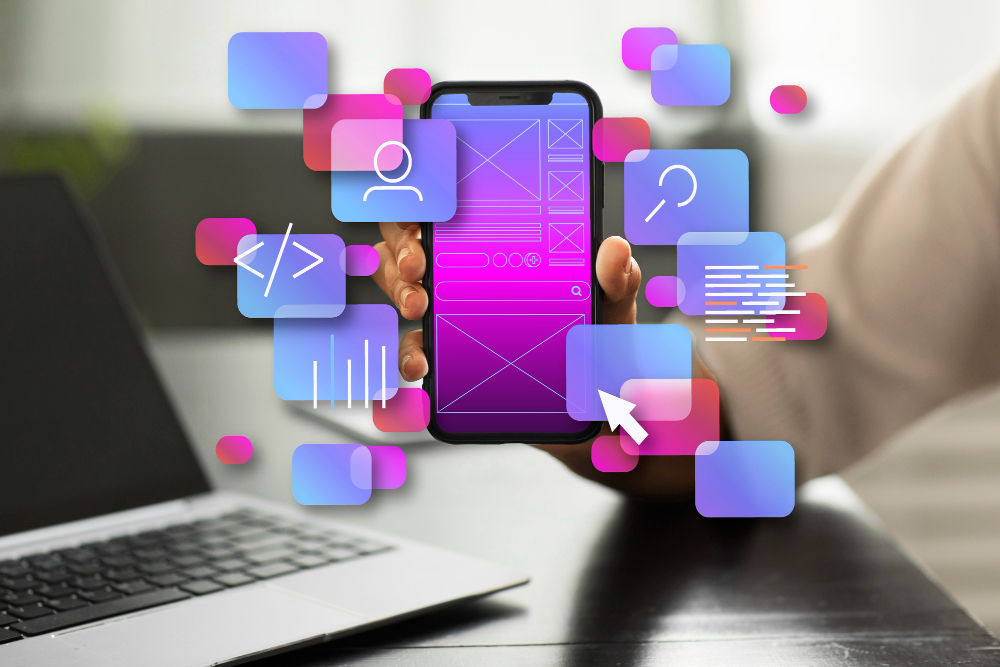Know Benefits, Types, And Cost

Mobile phones have opened new avenues for various industries, from retail to finance to hospitality, and even healthcare. This is the reason why mobile health (mHealth) apps have been on the rise lately. The role of mobile apps in the healthcare industry is huge and making big leaps as we speak now!
Mobile apps for health have significantly improved the quality and approach toward healthcare services. The market for mHealth mobile apps is fast evolving, with dynamic options for caregivers and patients’ convenience.
According to a report published by Research and Markets, the global mHealth app market is likely to reach US$102.35 billion by 2023. Additionally, as per Statista, there were 53,054 mHealth apps available on the Google play store in the first quarter of 2021. Talking about iOS apps, there were 53,979 iOS healthcare apps in the Apple App Store in the first quarter of 2021.
These numbers not only indicate the growing popularity of mobile health technology but also clearly indicate that users are adopting mHealth mobile apps. So, this is why it’s not surprising to see so many companies and healthcare professionals investing in mHealth app development.
On that note, let’s discuss the types of mHealth mobile apps and the benefits of healthcare app development.

Types of mHealth apps
There are many mHealth apps in the market, and more apps are being created and launched daily. Most of these apps fall into one (or more) of the following categories:
Clinical and diagnostic apps
These types of apps help doctors and physicians collect health data, analyze, and then share it. These apps allow practitioners to view lab results, check electronic health records, or even perform digital imaging. Such apps also help patients and doctors to check the symptoms and diagnose the illness.

For instance, Ada is a popular mHealth app that helps to verify symptoms and get first-hand answers to your medical questions.
Remote monitoring apps
Remote monitoring apps allow patients to get virtual care from their physicians while staying at home. Practitioners can take care of their patients by keeping a check on their heart rate, oxygen level, blood pressure, and other healthcare issues without the need for regular visits. Read this blog to know why your hospital needs an app.
Productivity apps
There are a plethora of mobile apps for health that help increase the productivity and efficiency of healthcare providers. These types of apps are designed for home healthcare scheduling, mobile charting, and remote dictation. Such apps focus on offering these functions while maintaining HIPAA compliance.
Reminder apps
This is a basic kind of app that can remind patients of appointments or when to take medications. Although sometimes these apps come as a part of a larger app, they are also available independently. For instance, RevSpring Patient Connect enables you to download, view details of, and confirm appointments you have with healthcare service providers.
Text and Video Communication apps
Fueled by the pandemic, patients have realized the benefits of virtual video consults and text messaging options that connect them to their caregivers. These apps help in better communication and foster better patient care.

For instance, YouComm is a popular mHealth app developed by Appinventiv for in-hospital patients. It helps them to communicate with nurses in case of an emergency. In this way, they receive timely care and attention.
Prescription apps
Prescription apps allow doctors to prescribe the right medicines for patients and set dosages to avoid side effects or cancel prescriptions at any time.
Mental health apps
Mental health apps aim to make therapy more accessible, flexible, and effective. They can help combat depression, stress, anxiety, sleep disturbances through pre-recorded meditations, breathing exercises, gamification elements, and more.

For instance, Headspace is one of the best examples of mHealth apps. It is a meditation app designed to help you relax and live more mindfully. The app offers meditations for beginners as well as experienced users to combat stress and anxiety.
[Also Read: The Role of Technology in Mental Health – Trends and Innovations]
Benefits of mobile health apps for healthcare professionals and patients
With the adoption of mHealth and telemedicine, the advantages for caregivers, healthcare organizations, and patients are numerous. Below are some obvious benefits of mobile health apps:

1. Reduced risk of misdiagnosis: When doctors or physicians handle patients’ records manually, there are high chances of diagnostic errors. In the US, more than 12 million people are affected by diagnostic errors every year. An estimated 40,000 to 80,000 people die annually from complications from these misdiagnoses. Since mHealth apps for patients keep track of all prescriptions, communications, and treatment options, the risk of diagnostic mistakes is also reduced. Healthcare service providers can both offer data-driven treatment to their patients and secure themselves from malpractice lawsuits.
2. Easier access to medical reports: With an mHealth mobile app, patients don’t need to rush to hospitals to get their medical reports. Instead, they can get the report online, which can be accessed at any time. The users can then consult the doctor accordingly, without going through the trouble of forgetting the reports at home or misplacing them.
3. Optimized person-hours: Long work hours among physicians is a worldwide issue in the healthcare arena. This causes excessive stress, negatively impacts the quality of care, and strains the resources of healthcare organizations.
Mobile health technology allows healthcare professionals to have all records in one place, monitor treatment procedures, and get in touch with patients without wasting their time.
4. Timely care at remote locations: This is one of the major benefits of mobile health technology. The majority of people at faraway locations can now get timely care by scheduling video calls with healthcare professionals. Patients can avoid regular visits to clinics as doctors can monitor their patients through video or audio calls. Moreover, the push-notification system in apps can send important health tips and precautions to users.
5. Real-time communication: Mobile health apps for patients can be used for real-time collaboration, consultation, and information sharing with doctors globally. These mobile health systems benefit patients as doctors from around the world can share knowledge in real-time. Moreover, real-time communication allows doctors to keep a constant check on patients’ health.
6. Convenient bill payments: Dealing with bills is a complicated process for both patients and hospital staff. It is a time-consuming task to manually keep a track of bill payments by patients and run after insurance companies for bill clearance. However, with mobile apps for health, this lengthy procedure can be cut down to a few minutes. The patients can also select their preferred payment method, pay online and connect to their insurer (if required) via apps.
Moreover, if you create a healthcare app, you can customize the content to view only paid bills, unpaid bills, and so on. Therefore, the payment procedure becomes convenient for both ends with the help of mobile health systems.

How to build a mHealth app?
Now that we have discussed the key benefits of mHealth app development, let’s discuss the steps to build a successful application.
Identify a problem: When creating a mHealth app, it’s important to understand the end-users needs. Identify the problems they are facing and how your application can make it better. At this stage, you can also dig deep and choose a medical field to launch your app for. For example, your mobile healthcare solutions can be around diabetes or anxiety disorders.
Choose platforms: The next step is to choose the platforms your application will be deployed on – Android, iOS, or web. An important thing to note here is that elderly patients generally tend to prefer visiting a website, while teenagers are more app-friendly. Your market research will come in handy when deciding the platforms for your application.
Hire an app development company: Hiring a reliable healthcare software development company will ensure that your app includes all the latest features and functionalities.
A mobile app development company has a team of UI/UX designers, expert app developers, and market specialists who offer competent suggestions and always take your vision into account. The company also provides access to the newest technologies and offers the latest industry expertise.
Select a monetization model: The intent of all the applications, across genres, is to earn money. Usually, when we talk about how to earn money from an app, the healthcare domain works around two types –
- Subscription-based model
- Freemium model with paid access to premium services
Build an MVP: Create an MVP instead of a full-fledged application to ensure that the solution is well-tested and validated before it enters the market.
To create a successful MVP, consult a healthcare app development company to identify the key features of your solution, and then build an app accordingly. MVP software development also helps users share about their experience with your app, telling what functionality they would like you to add to your product.
Test your app: Testing is a crucial step when creating mobile healthcare solutions. Test everything from user experience and user interface, to content. Proper testing will help identify bugs, shorten the development time and cost, and greatly improve your reputation as a service provider.
Launch and track performance: Once your application has been thoroughly tested, it’s ready to welcome users. After launching your application, track its performance with the in-app analytics tools you implemented during development, address user concerns and requests, and introduce updates to keep users engaged.
Also Read: [The Ultimate Business Guide to Healthcare Application Development in 2023]
How much does it cost to build a mHealth app?
The average cost of developing mobile health apps might range from $45,000 to $80,000. If you are looking to make use of emerging healthcare mobile apps trends like artificial intelligence or Blockchain, it can cost somewhere between $100,000 to $150,000. However, this is a very rough estimate. There are a number of factors such as the location of mHealth app developers, complexity, and features of your app that can increase or lower the final price.
Make sure to consult a trusted app development company like Appinventiv. The experts will guide you through the entire app development process and ensure that you get the best product at affordable costs.

FAQs
Q1. What is a mHealth app?
mHealth apps are offered by healthcare organizations to their patients. These apps help patients to connect with doctors, schedule appointments, pay bills, and keep track of medical records.
Q2. What are a few examples of mHealth apps?
A few examples of mHealth apps are Mayo Clinic, Headspace, MyFitnessPal, YouComm, Healthe People, and more.
Q3. How much time does it take to build mHealth apps?
On average, the development of health apps can take anywhere between three months to one year, depending on the complexity and features included in the app.
Our experience in developing mHealth applications
At Appinventiv, we have worked on several versatile mobile healthcare apps. Our aim is to help providers and medical organizations develop top-notch healthcare apps that customers would embrace.
For instance, you can take a look at how we helped our client Healthe People to create an application that allows users to find medical caregivers for their friends and family.
For another client Soniphi, we developed an app that uses vocal information to provide you with a complete well-being analysis report on your personal health.
Having developed numerous mobile apps for health, we know that success comes with an engaging user experience. So, if you’re looking to launch a mHealth app or want to know more about mobile health technology, feel free to contact us. We will be delighted to help you!

THE AUTHOR
Dileep Gupta
DIRECTOR & CO-FOUNDER
link







